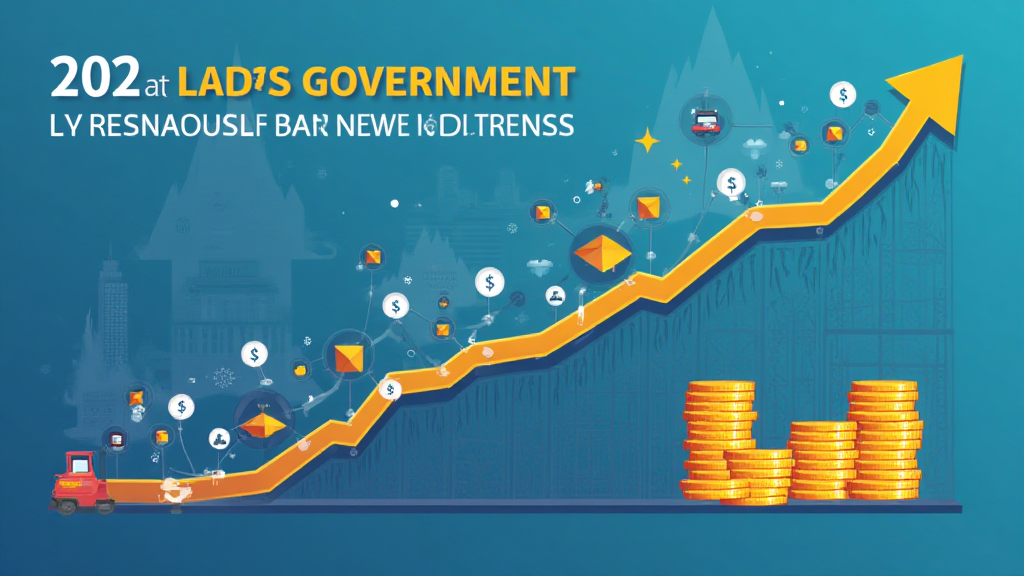Introduction
As the cryptocurrency landscape evolves, the importance of Bitcoin blockchain interoperability is becoming increasingly critical. Did you know that in 2024, approximately $4.1 billion was lost to DeFi hacks, indicating a pressing need for robust interoperability solutions? Understanding how different blockchains can communicate and operate together is vital not only for security but also for future scalability. In this article, we will explore the various aspects of Bitcoin blockchain interoperability and its implications for digital finance, particularly in Vietnam, where the crypto adoption rate is surging.
The Necessity of Blockchain Interoperability
Interoperability refers to the ability of different blockchain systems to work together seamlessly. Here’s the catch: most blockchains operate in silos, which can hinder the overall user experience and limit the potential for innovation.
- Silos Limit User Accessibility: Users often find it challenging to move assets between different blockchains, leading to inefficiencies.
- Security Vulnerabilities: When transactions are locked in a single blockchain, the risks of hacks increase, creating security issues.
- Growth of Decentralized Finance (DeFi): As traditional finance moves towards decentralization, interoperability becomes essential in supporting diverse financial applications.
Key Benefits of Bitcoin Blockchain Interoperability
The implementation of interoperability solutions within Bitcoin and other blockchains can bring numerous advantages:

- Enhanced Liquidity: Increased multi-chain trading leads to greater liquidity across platforms.
- Broader User Base: When users can operate across multiple networks, it attracts more participants into the ecosystem.
- Flexible Applications: Interoperable platforms can support diverse applications, from DeFi to NFTs and beyond.
Innovative Solutions for Interoperability
Several innovative solutions are currently being developed to enhance interoperability among blockchains:
- Cross-Chain Bridges: These allow asset transfers between different blockchains, acting like a bridge to connect various ecosystems.
- Atomic Swaps: This technique enables users to exchange cryptocurrencies directly across different blockchains without the need for a trusted third party.
- Wrapped Assets: By wrapping cryptocurrencies, users can use Bitcoin on Ethereum and vice versa, unlocking the potential of cross-chain transactions.
Blockchain Interoperability Challenges
Despite its many benefits, blockchain interoperability does face several challenges:
- Complexity: Integrating different protocols can lead to increased complexity in the development process.
- Security Risks: Adding multiple blockchains into the mix can also introduce new security vulnerabilities.
- Standardization Issues: The lack of standardized protocols makes interoperability a moving target.
The Future Landscape: Vietnam and Blockchain Interoperability
Vietnam has seen a robust growth rate in cryptocurrency users, with an impressive increase of 65% over the last year alone. The growth rates are propelled by the increased interest from younger demographics and a favorable regulatory environment. Let’s break it down:
- Real-World Applications: Businesses in Vietnam are starting to explore the benefits of blockchain technology, signaling a demand for interoperable solutions.
- Government Initiatives: The Vietnamese government is looking at frameworks to support blockchain technologies.
- User Education: As users become more educated about blockchains, the demand for interoperability will grow.
Conclusion
As we look to the future, the significance of Bitcoin blockchain interoperability cannot be overstated. It unlocks a myriad of possibilities for users and developers alike, ensuring that the future of cryptocurrency is more integrated and user-friendly. Don’t forget that your ability to engage with multiple platforms can empower you to navigate the market more effectively. Keep an eye on Vietnam’s cryptographic journey, as it could become a beacon for others in the region.
For more information on cryptocurrency and blockchain technology, visit mycryptodictionary.






